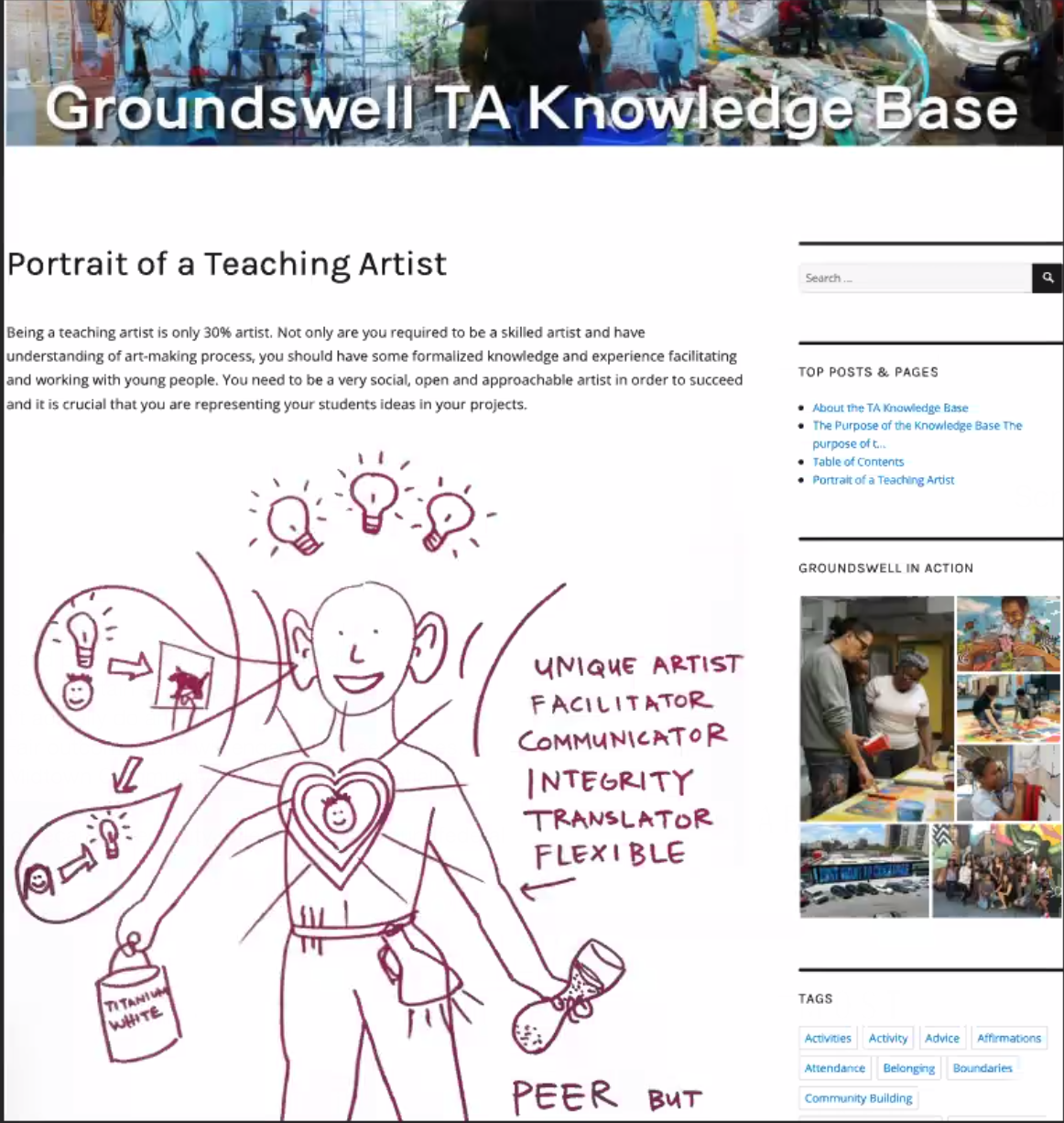This presentation was given as part of the Community Engagement 101: Peer Exchange Session in May 2020. Faculty were prompted to share about a previously-taught course and reflect on lessons learned, specifically addressing the challenges and opportunities of developing equitable and mutually beneficial collaborations and of effectively preparing students for collaboration.
*Note: Erica Kohl-Arenas’ video is not currently available. Her contribution and the discussion of her course will be available soon.
Course Description:
This course has two primary goals. First, students will gain an understanding of the theory behind participatory community development, popular education and critical pedagogy. Students will read about and collectively discuss questions of powerlessness, marginalization, poverty, and inequality and how participatory processes have inspired community-driven and owned approaches to addressing these enduring problems. Theoretical and historical underpinnings include the works of Paulo Freire, Augusto Boal, and a number of case studies including the Highlander Center, arts-based civic engagement projects including the muralista movement and Theater of the Oppressed, immigrant organizing, and Occupy Wall Street. Students will also engage with current academic critiques of participatory models (Participation: the new tyranny?) in order to learn how to critique, analyze, and evaluate participatory processes in the context of historical patterns of co-optation and control of poor people’s movements. Second, in class and through partnerships with local organizations and communities, students will learn and use key participatory facilitation strategies. The specific skills students may practice include:
- Building relationships through observation and listening
- Surveying communities for generative collective themes and concerns
- Developing codes and discussion outlines (from generative themes) to generate dialogue
- Designing and facilitating community-based workshops
- Building trust and dialogue in groups
- Facilitating community-based decision-making
- Conducting participatory evaluations
- Analyzing and identifying root causes of poverty, inequality, and marginalization in the context of movement-building
Ultimately, through practice, theory, and dialogue students will learn the promises and also the inherent challenges of using participatory methodologies as a vehicle for social change. The approach of this course is to enable students to become critically aware practitioners prepared to design change processes and engage in current debates surrounding participatory approaches to addressing problems.
Participatory Community Engagement Syllabus, Spring 2013
Recommended Readings:
- Paulo Freire
- bell hooks
- Grace Lee Boggs
- Robin C. G. Kelly, Freedom Dreams: The Black Radical Imagination
- Bill Cooke and Uma Kothari, Participation: The New Tyranny
Note: Community Engagement 101 is a proposed introductory curriculum for faculty and TA/Teaching Fellow graduate students across The New School (TNS) who incorporate external engagement or partnership as a part of their syllabus. For more information, visit our Collaboratory In-Depth Profile here.

